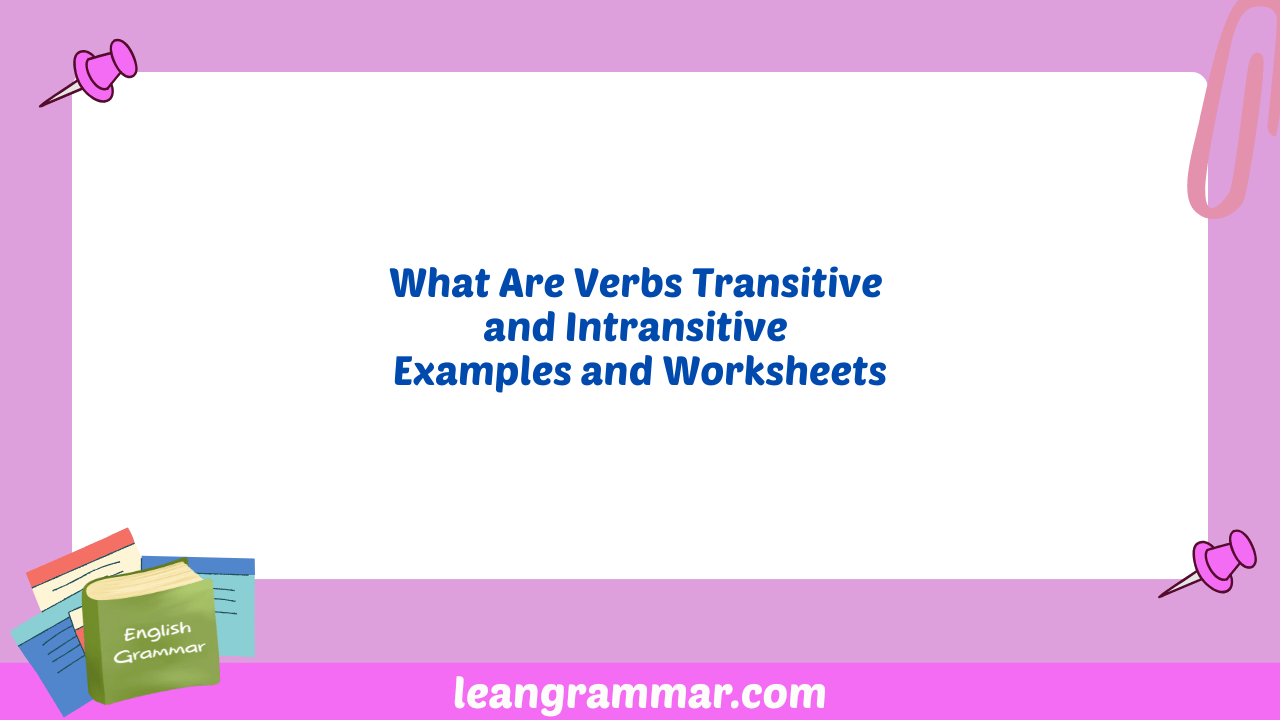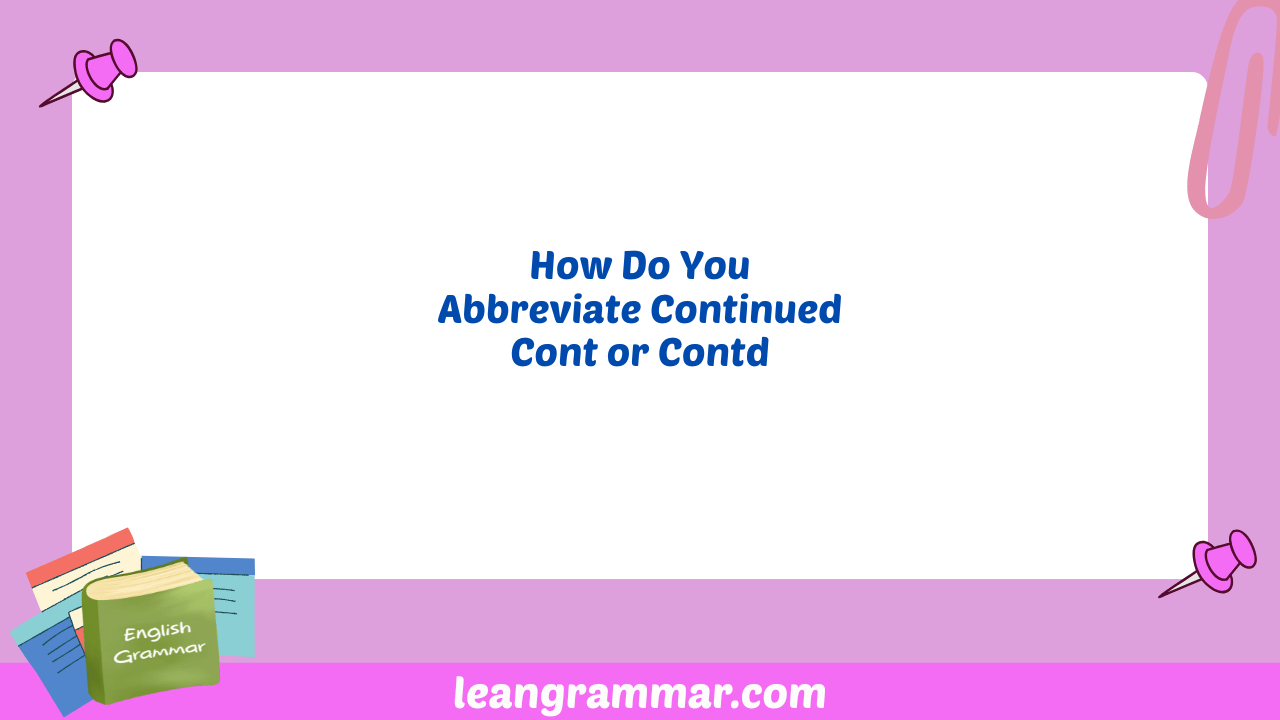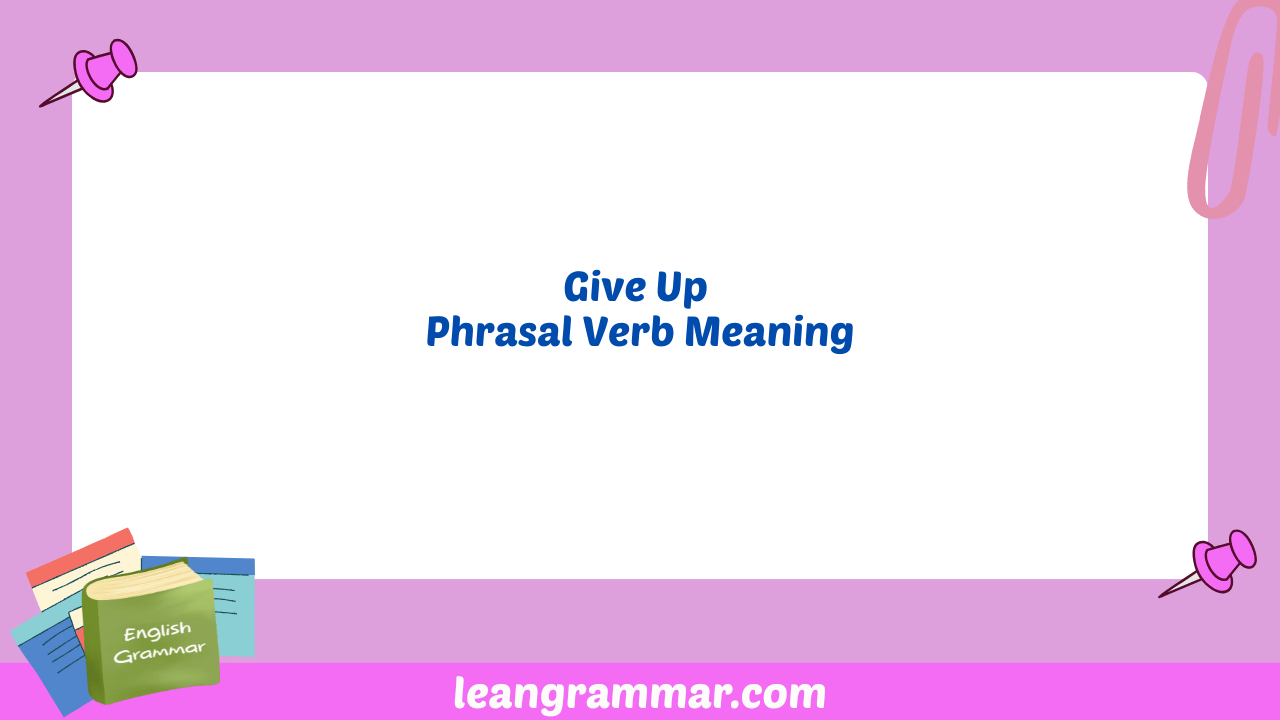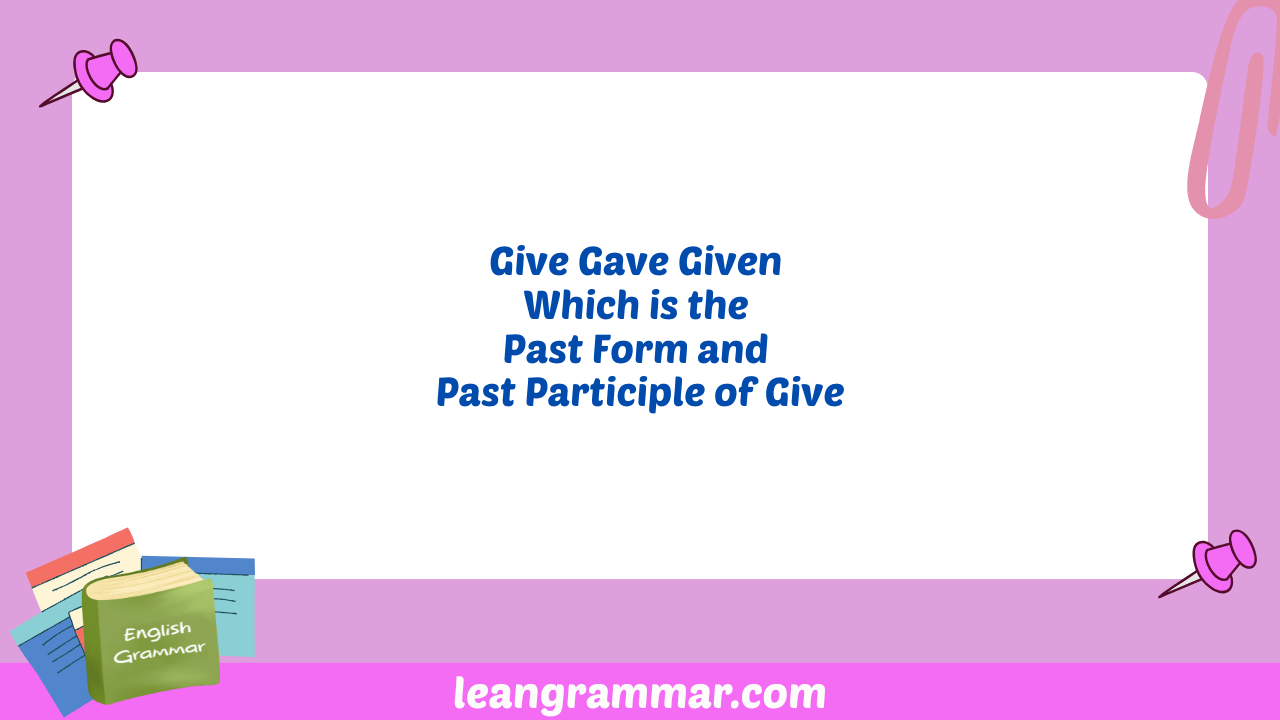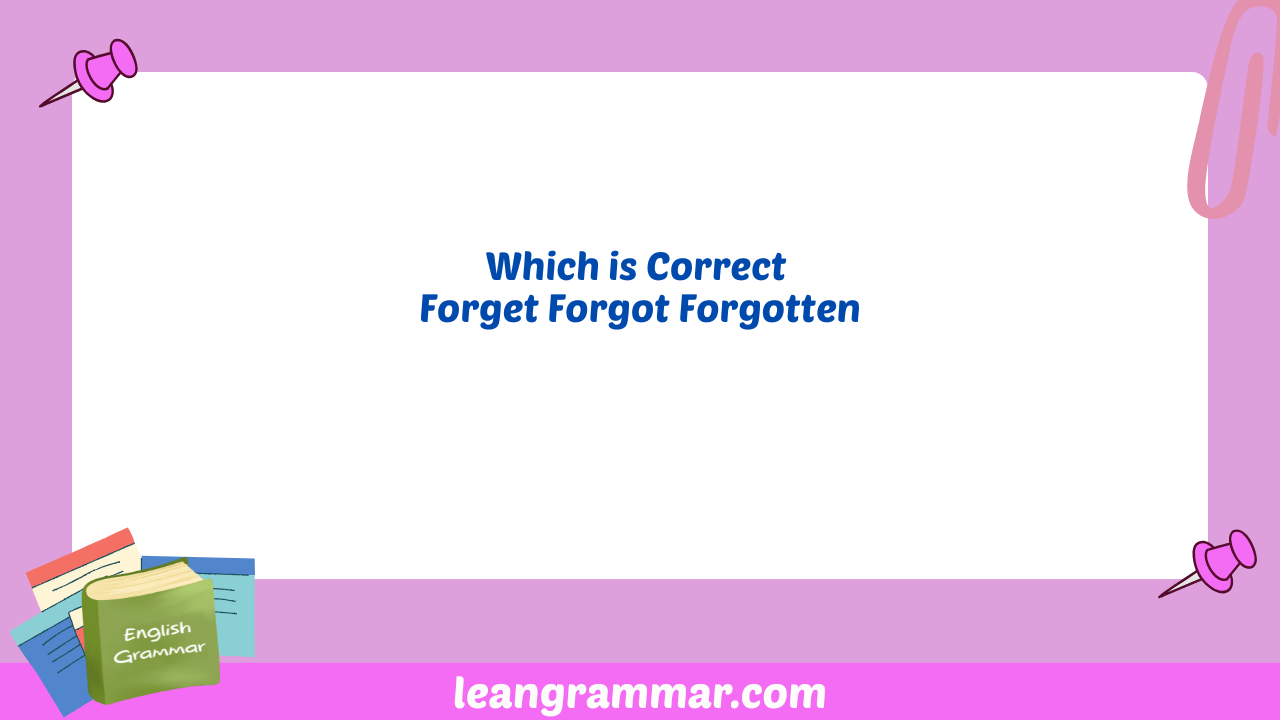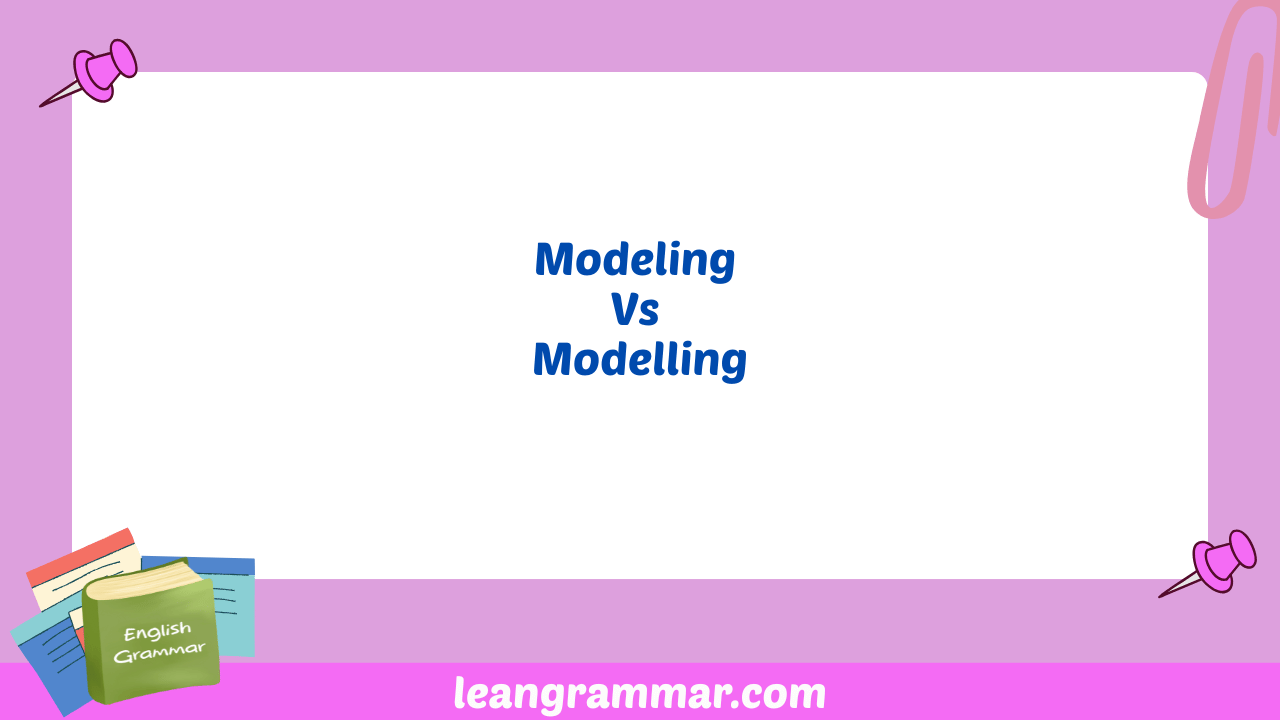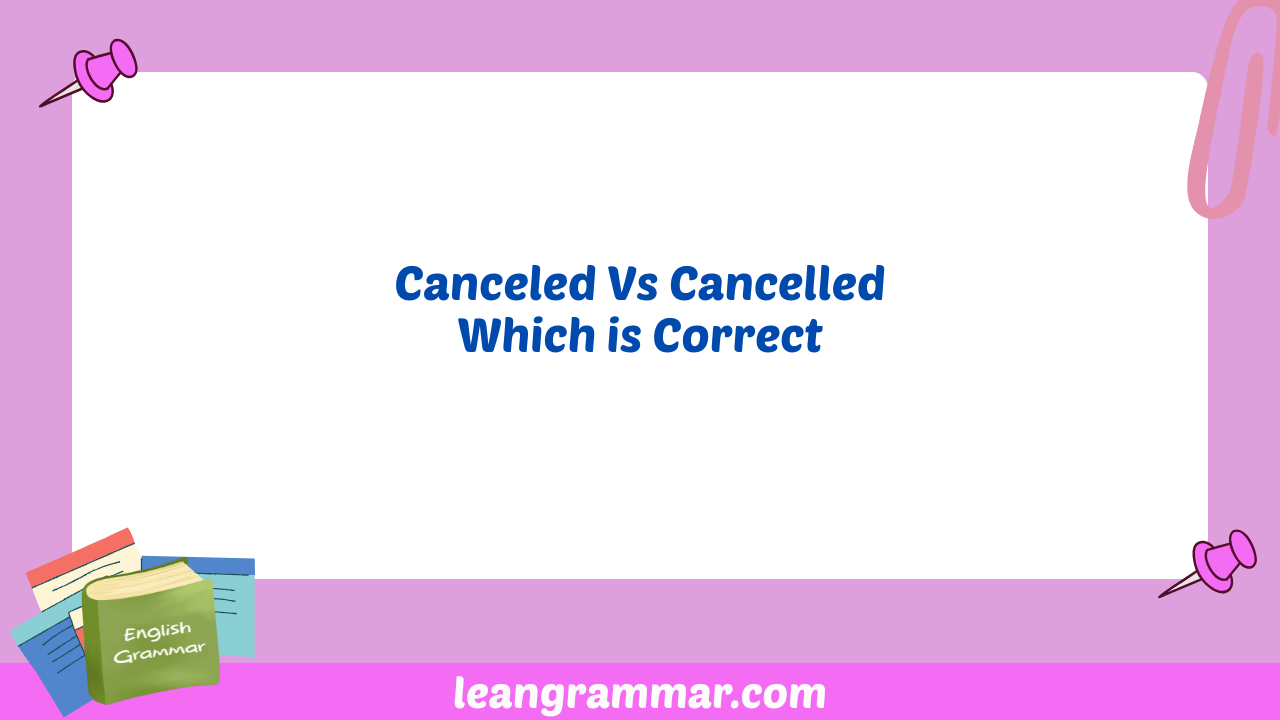Kneeled vs. Knelt: Mastering the Past Tense of ‘Kneel’
Understanding the difference between “kneeled” and “knelt” is crucial for mastering the nuances of English verb conjugation, particularly with irregular verbs. This article delves into the intricacies of these two past tense and past participle forms of the verb “kneel,” clarifying their usage, historical context, and regional preferences. Whether you’re an English language learner, a … Read more

